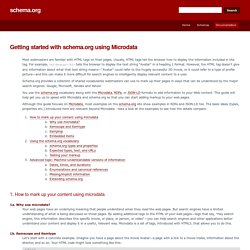

Extended Environments Markup Language: EEML. This site provides information about Extended Environments Markup Language (EEML), a protocol for sharing sensor data between remote responsive environments, both physical and virtual. It can be used to facilitate direct connections between any two environments; it can also be used to facilitate many-to-many connections as implemented by the web service Pachube, which enables people to tag and share real time sensor data from objects, devices and spaces around the world. Possible end-users range from construction managers, large-building occupants and architects, to electronics manufacturers and interactive artists and designers.
EEML supports installations, buildings, devices and events that collect environmental data and enables people to share this resource in realtime either within their own organisations or with the world as a whole via an internet connection or mobile network access. Browse this site to obtain the latest: Overview. Schema.org. Most webmasters are familiar with HTML tags on their pages.

Usually, HTML tags tell the browser how to display the information included in the tag. For example, <h1>Avatar</h1> tells the browser to display the text string "Avatar" in a heading 1 format. However, the HTML tag doesn't give any information about what that text string means—"Avatar" could refer to the hugely successful 3D movie, or it could refer to a type of profile picture—and this can make it more difficult for search engines to intelligently display relevant content to a user. Schema.org provides a collection of shared vocabularies webmasters can use to mark up their pages in ways that can be understood by the major search engines: Google, Microsoft, Yandex and Yahoo! 1. Products & Solutions.
Marbles Linked Data Engine.